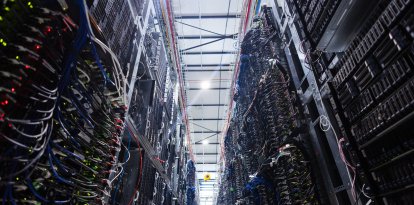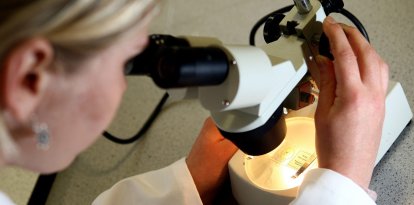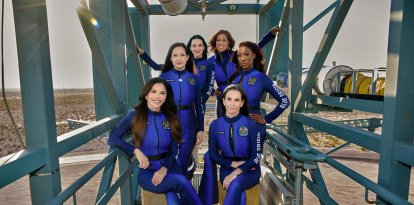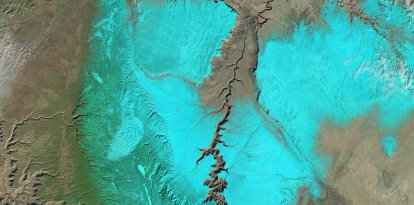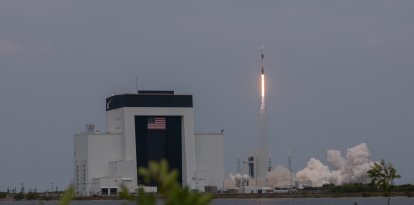NASA again delays return to the moon
Artemis III, which aims to carry the first astronauts near the lunar south pole, is now slated for September 2026. The program was expected to begin in late 2024.
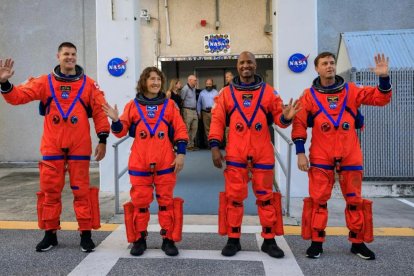
Los miembros de la tripulación de Artemis II | La NASA
The National Aeronautics and Space Administration (NASA) reported that it has changed the timeline for its return to the moon. NASA said that the Artemis II mission, the first manned Artemis mission around the moon, is scheduled for September 2025. While Artemis III, which aims to take the first astronauts close to the lunar south pole, will take place in September 2026.
Artemis IV, the first mission to support the Gateway lunar space station, will now wait until 2028. The agency explained that the change in the dates of the missions, which were scheduled to begin in late 2024, was made to ensure safety.
This is not the first time that the program to return to the moon has been delayed. Artemis I, the first integrated flight test of deep space exploration systems with the Orion spacecraft, was scheduled for late 2020, but was not launched until November 2022.
‘Artemis represents what we can accomplish as a nation’
In that regard, NASA Administrator Bill Nelson explained that "the safety of our astronauts is NASA’s top priority as we prepare for future Artemis missions."
"We’ve learned a lot since Artemis I, and the success of these early missions relies on our commercial and international partnerships to further our reach and understanding of humanity’s place in our solar system. Artemis represents what we can accomplish as a nation – and as a global coalition. When we set our sights on what is hard, together, we can achieve what is great," said Nelson.
Likewise, Catherine Koerner, associate administrator of the Exploration Systems Development Mission Directorate at NASA Headquarters in Washington, said, “We are resolving challenges associated with first-time capabilities and operations, and we are closer than ever to establishing sustained exploration of Earth’s nearest neighbor under Artemis.”
RECOMMENDATION

